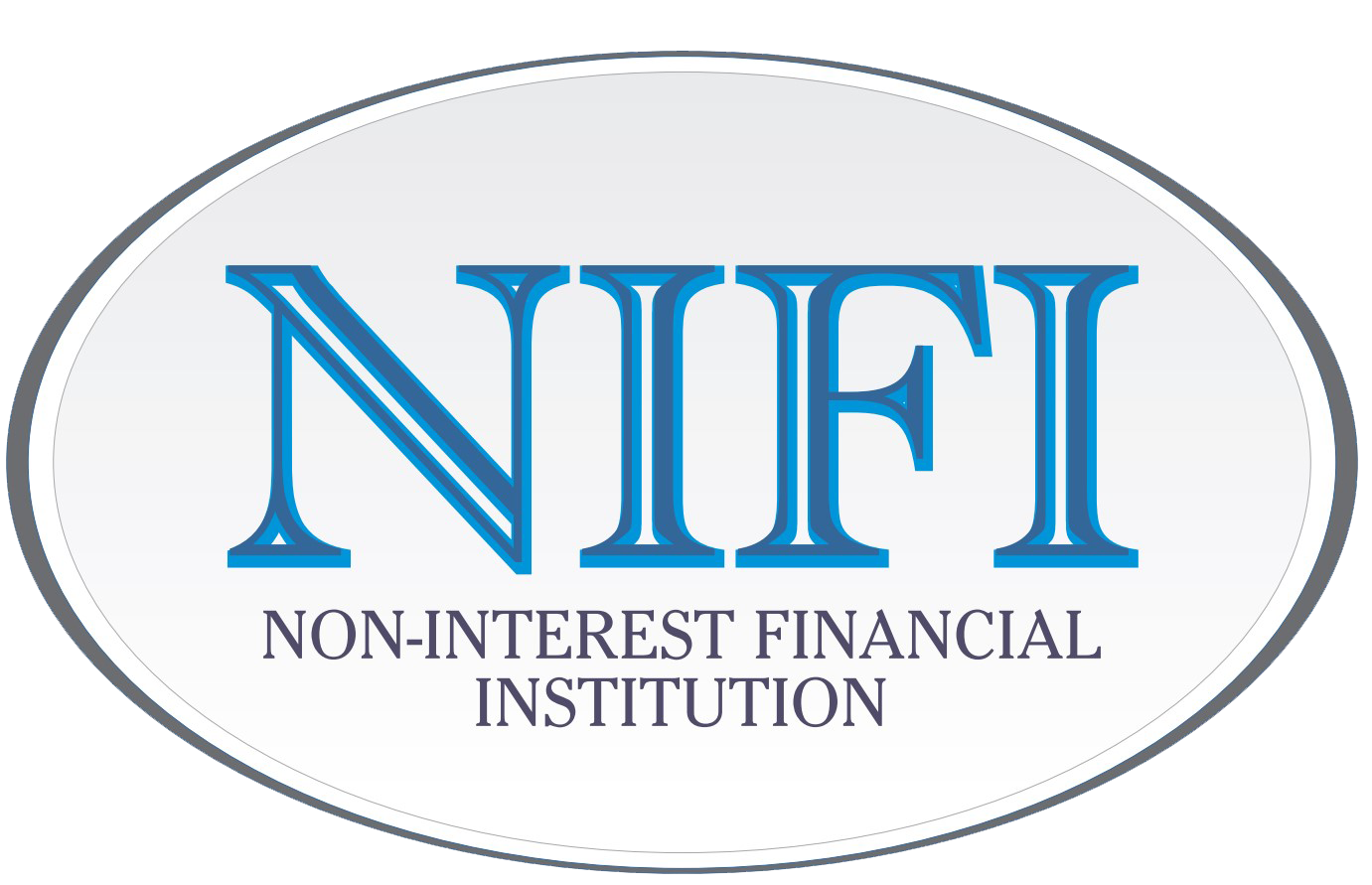Ethical banking, non-interest banking; these are terms you’ve probably heard at one point in your banking journey, but what do these terms really mean in general, and what does it mean for you to bank with a non-interest or ethical bank?
In a rapidly evolving financial landscape, non-interest banking is emerging as a transformative force in Nigeria, offering a compelling alternative to conventional banking. As more Nigerians seek ethical, inclusive, and sustainable financial solutions, institutions like The Alternative Bank are redefining banking as a platform for shared prosperity. In this article, let’s look together at what non-interest banking truly means, its principles, benefits, regulatory framework, and its growing impact on Nigeria’s economy.
What Is Non-Interest Banking?
You know how you take a loan, and you have to pay the financial institution a 30% interest over the loan tenure? Or you put money in an investment and after a period get a certain percentage as interest? That’s not what this is, but relax, it’s even better. Non-interest banking refers to a financial system that does not charge or pay interest on transactions. Instead, it operates on profit-sharing, risk-sharing, and asset-backed financing models, often guided by ethical or religious principles.
In Nigeria, non-interest banking is regulated by the Central Bank of Nigeria (CBN) and is categorised under Specialised Banks as per the Banking and Other Financial Institutions Act (BOFIA). These banks are known as Non-Interest Financial Institutions (NIFIs) or Ethical Banks and include banks like Alt Bank (The Alternative Bank), and others.
Core Principles of Non-Interest Banking
Non-interest banking is built on the following foundational principles:
- Money is not treated as a commodity that earns interest so there is a prohibition of Riba (Interest).
- There is risk sharing, this means that both the bank and customer share profits and losses.
- Non-interest banking practices Asset-Backed Financing, so investments must be tied to tangible assets.
- Since non-interest banks practice Ethical Investments, industries like alcohol, gambling, and arms are avoided.
- There is transparency and justice so contracts must be clear, fair, and equitable.
We know your next question might be, if you don’t charge interests, how do you make money? So, let’s dive into that.
How Do Non-Interest Banks Make Money?
Contrary to popular belief, non-interest banks are profitable. They earn income through different avenues.
- Fee-Based Income: Advisory services, transaction fees, and commissions.
- Financing-Based Income: Profits from ethical contracts like Murabaha (Cost-Plus Sale), Ijara (Leasing), Mudarabah (Profit-Sharing Partnership),Musharakah (Joint Venture). For example, if a customer wants to buy a car, the bank purchases the car and sells it to the customer at a markup, payable in instalments. This model ensures ethical profit without interest.
Is Non-Interest Banking Only for Muslims?
Another question that we know pops up a lot is whether ethical banking or non-interest banking is only for Muslims; the answer is “absolutely not!”. Non-interest banking is inclusive and open to all, regardless of religion. Its ethical foundation should appeal to any individual and business seeking transparency, fairness, and sustainability in financial dealings.
The Regulatory Framework
Not to worry, we’re not just making up the rules as we go along, like every other bank in Nigeria, we’re regulated by the Central Bank of Nigeria (CBN). The CBN has issued comprehensive guidelines for non-interest banking in Nigeria, here are some key highlights below.
- Licensing Categories: Regional and National licenses with capital requirements of ₦10 billion and ₦20 billion respectively.
- Governance: Institutions must have an Advisory Committee of Experts (ACE) to ensure ethical compliance.
- Permissible Transactions: Must avoid ambiguity, gambling, speculation, and unethical industries.
- Disclosure Requirements: Full transparency in profit-sharing investment accounts.
Benefits of Non-Interest Banking
Yes, all we’ve said so far is all well and good, and informative, but how does ethical banking benefit you?
- Economic Inclusivity
Non-interest banking provides access to finance for individuals and businesses previously excluded.
- Support for MSMEs
By promoting risk-sharing and ethical lending, it empowers Micro, Small, and Medium Enterprises (MSMEs), the backbone of Nigeria’s economy.
- Job Creation
As MSMEs grow, so do employment opportunities, contributing to national development.
- Infrastructure Development
The Federal Government has raised about ₦612 billion through Sukuk bonds for road construction, showcasing the power of non-interest finance in public infrastructure.
- Financial Stability
By avoiding speculative and interest-based transactions, non-interest banks foster a more resilient financial system.
Let’s be honest, most people don’t wake up excited about banking, but that’s exactly what we’re changing at The Alternative Bank.
We believe banking should feel like a partnership, not a transaction. It should be built on trust, transparency, and shared goals. That’s why we’ve reimagined the approach, evident in the kind of solutions we offer.
Whether it’s helping you power your home with AltPower, shop smarter with AltMall, engage in asset-backed investments through AltInvest, or even turn your recyclables into income with WasteBanc, we’re here to make finance feel more human, more ethical, and more empowering.
To us, you’re a partner not just a customer, because when you grow, we grow; and when we grow together, prosperity becomes something we all share.
So, if you’re looking for a bank that sees you, hears you, and builds with you, not just for you, then maybe it’s time to make the switch to the Alternative way.



